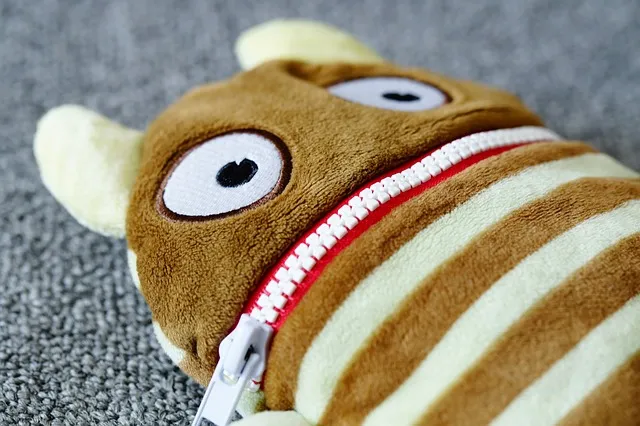Anxiety can occur in children of any age. Usually it is a reaction to something that scares the child: staying alone at home, visiting a doctor, visiting a school / kindergarten / club for the first time.
Although anxiety manifests itself in different ways in all children, there are main signs by which it can be detected: decreased activity, weakness in the legs, pain in the abdomen or head, as well as anxiety in a child, palms can sweat.
We offer 5 tips to help overcome children’s anxiety and prevent its further occurrence:
1. Teach your child to notice their anxiety.
Calmly point the child to his behavior when you notice the symptoms of anxiety, pay attention to them, but do not criticize or make comments. Simple – describe what is happening. Ask if the child also notices them. For example, if you notice that a child is biting his nails, ask if the child also notices this.
2. Explain that it is normal to feel anxious
The child must understand that there is nothing in his anxiety and its manifestations that should be ashamed of. Tell her that uncomfortable situations in everyone can cause stress, anxiety and their signs. It is also important that the child understands that everyone’s anxiety symptoms may be different.
3. Teach your child to relax
When the child can already identify his anxiety state, find out the causes of anxiety and try to calm the child. Talking about what worries the child will help to calm and partially dispel fear. For example, before visiting the doctor who is supposed to make the injection, talk about it with your child: ask what exactly scares – an injection, a doctor, a needle, etc. If the symptoms of stress do not go away, use breathing exercises, imaging techniques and just encourage the child.
4. Eliminate the factors that cause stress if the previous points do not help
Of course, if this is in principle possible, because you cannot refuse a visit to the dentist. However, if a child, for example, is afraid of heights and cannot cope with his fear , do not force him to ride on the Ferris wheel. In this case, anxiety may also be added resentment for the fact that parents have subjected such stress.
5. Consult a psychotherapist if anxiety is severe, occurs very often and does not disappear / decrease
Refusal to go to school/kindergarten, sleep and appetite disturbances, excessive aggressiveness or activity, due to which you need to take sedatives, can be symptoms of chronic anxiety. If parents fail to overcome this feeling with the child, then you should contact a specialist.

